Messaging overload: Why have we let notifications rule our lives? - Talk Mobile
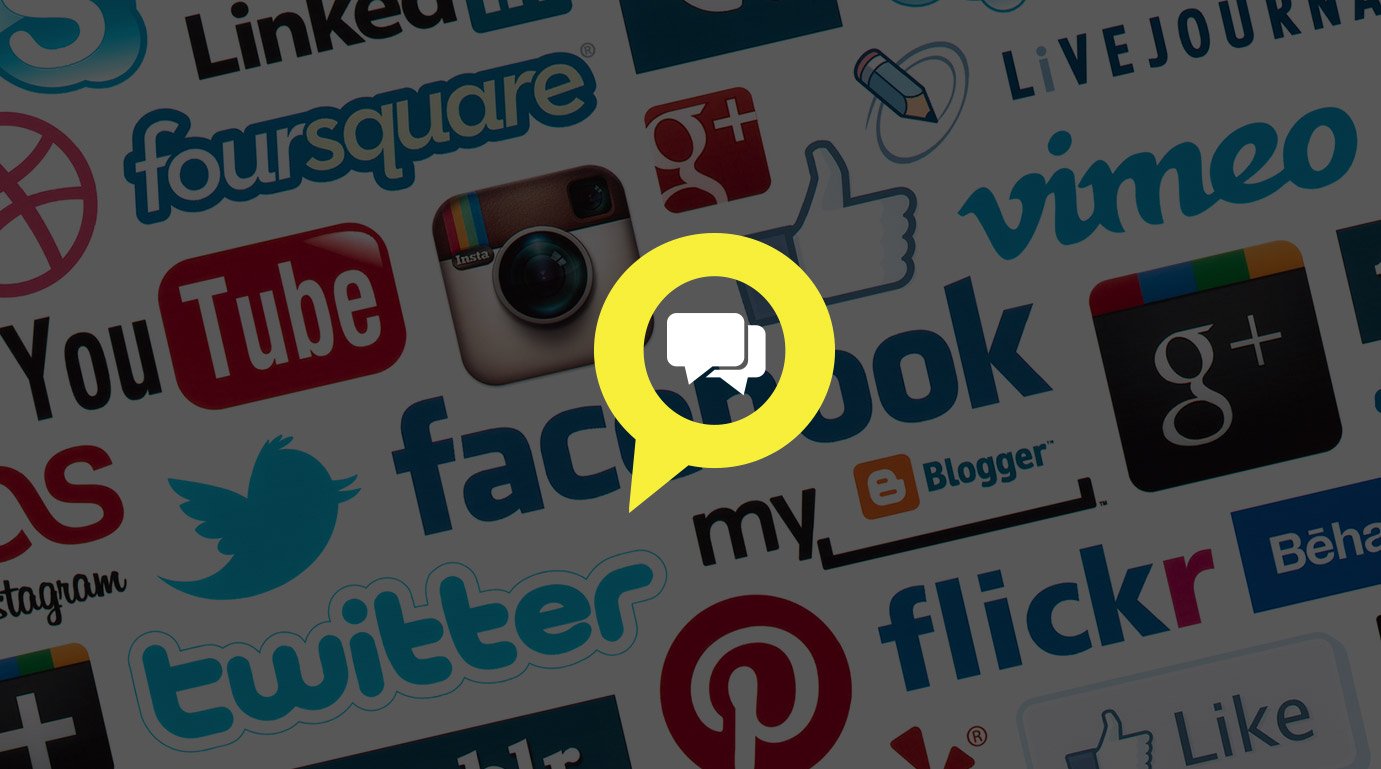
Presented by Blackberry
Talk Mobile Social
Messaging overload: Why have we let notifications rule our lives?
Sorting the signal from the noise is a major problem when it comes to mobile communication and social networking. As social networks grow, they become filled not only with real people, but also with advertisers and brands, and worse -- inundated with trolls, griefers, spammers, and more. You're forced to make a decision between a manageable existence where you can keep up with what's going on, or just accept the influx and go with the ever-quickening flow.
When it comes to interpersonal messaging, things are even more complicated. It's not so much dealing with the tidal wave of messages - these ideally all be messages you want to read - but with how you message to begin with. There are so many options now, from traditional text and email to instant messaging to social networks, how do you pick the right one for you and the people you care most about?
Is it better to have your social networking and personal messaging integrated into the operating system, or should it be entirely separate? And just how are we supposed to keep all of the bings and beeps and buzzes from becoming an overwhelming distraction?
Let's get the conversation started!
Get the latest news from Android Central, your trusted companion in the world of Android
By Daniel Rubino, Kevin Michaluk, Phil Nickinson & Rene Ritchie
Play




Social and IM
Social and IM
- The best IM
- Video: Gary Klassen
- Social OS
- Notification distraction
- Video: Georgia
- Signal vs. noise
- Conclusion
- Comments
- To top

Kevin Michaluk CrackBerry
And the best instant messaging system is...
And BBM wins. Big surprise coming from CrackBerry Kevin, right? But let's take a look at it -- it's fast, it's reliable, and the delivered and read receipts keeps the service and users accountable. BBM strikes the right balance between simplicity and advanced features.
The list of instant messaging services goes on and on.
If all you want to do is make sure you and the person you need to contact get each other's messages, BBM does that better than anyone else. But BBM can share more if you need you to, including photos, contacts, appointments, files and more. It does voice and video chat. You can include only a single person or create a group, complete with galleries, task lists, and calendars. And now, with BBM channels, anyone can broadcast to large groups of fans or followers in a surprisingly intimate and connected fashion.
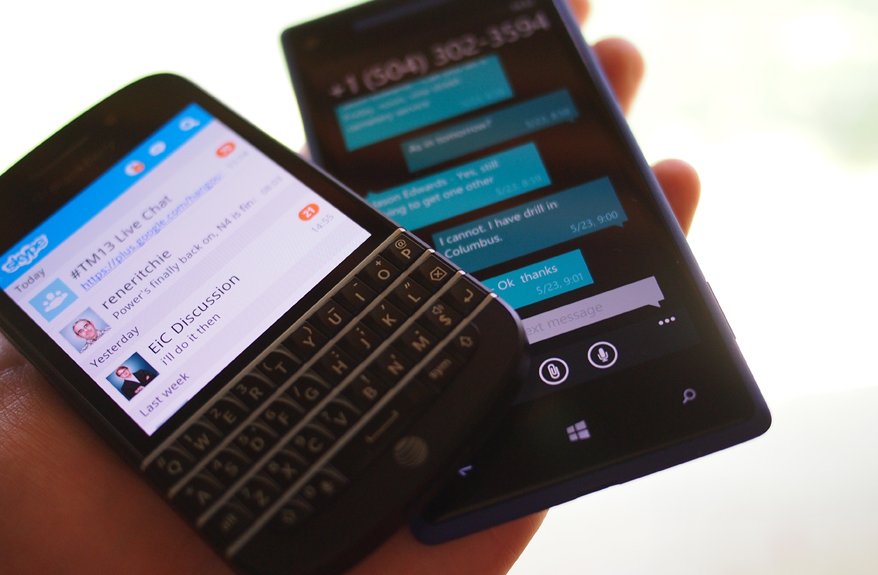
Crossing the streams
Numerous services offer cross-platform messaging support. BlackBerry's BBM is the newest entrant to the cross-platform race, but they're entering a market that has long-standing players. The most basic of messaging services is integrated into practically every mobile phone today: SMS. 160 characters, 6 billion users.
When it comes to third-party mobile messaging services, WhatsApp is currently king. More than 250 million users send over 12 billion messages a day with WhatsApp - they charge 99 cents for the app and provides the service for free.
Skype is even more cross-platform than WhatsApp, offering VOIP and messaging services to more than 600 million users with clients for Android, BlackBerry, iOS, Mac OS X, Windows, Windows Phone, and more. Google Hangouts is available in desktop browsers, Android, and iOS.
The only knock against BBM was that it wasn't cross-platform, you could only BBM with other BlackBerry users. Well, say hello to BBM for iOS and Android. That's still not everywhere -- Windows Phone users, have patience -- but it's most places. The only service that really comes close to such potential for adoption is Facebook.
Obviously, a lot of people are on Facebook, which makes anything Facebook attempts interesting. I think my biggest issue here is that Facebook is still viewed by a lot of folks as a personal social network, myself included. I don't want people knowing I'm spending time on Facebook. Even if the Facebook Messenger service works well, it's not something I want to be using because it's literally tied to Facebook. BBM is clean. I can talk with people there who I may not necessarily have or want as Facebook friends. There's no social baggage.
Ultimately, of course, the best IM system is the one your contacts use. But in a straight-up comparison, BBM is the one to beat. And yes, you might expect that coming from the CrackBerry guy, but think about this way -- BBM is one of the main reasons I am the CrackBerry guy.


In mobile, seconds, milliseconds matter. Responsiveness, certainty, and forgiveness are things that are paramount.
- Gary Klassen Creator of BBM, Principle Architect, BlackBerry
Q:
Talk Mobile Survey: The state of mobile social communications
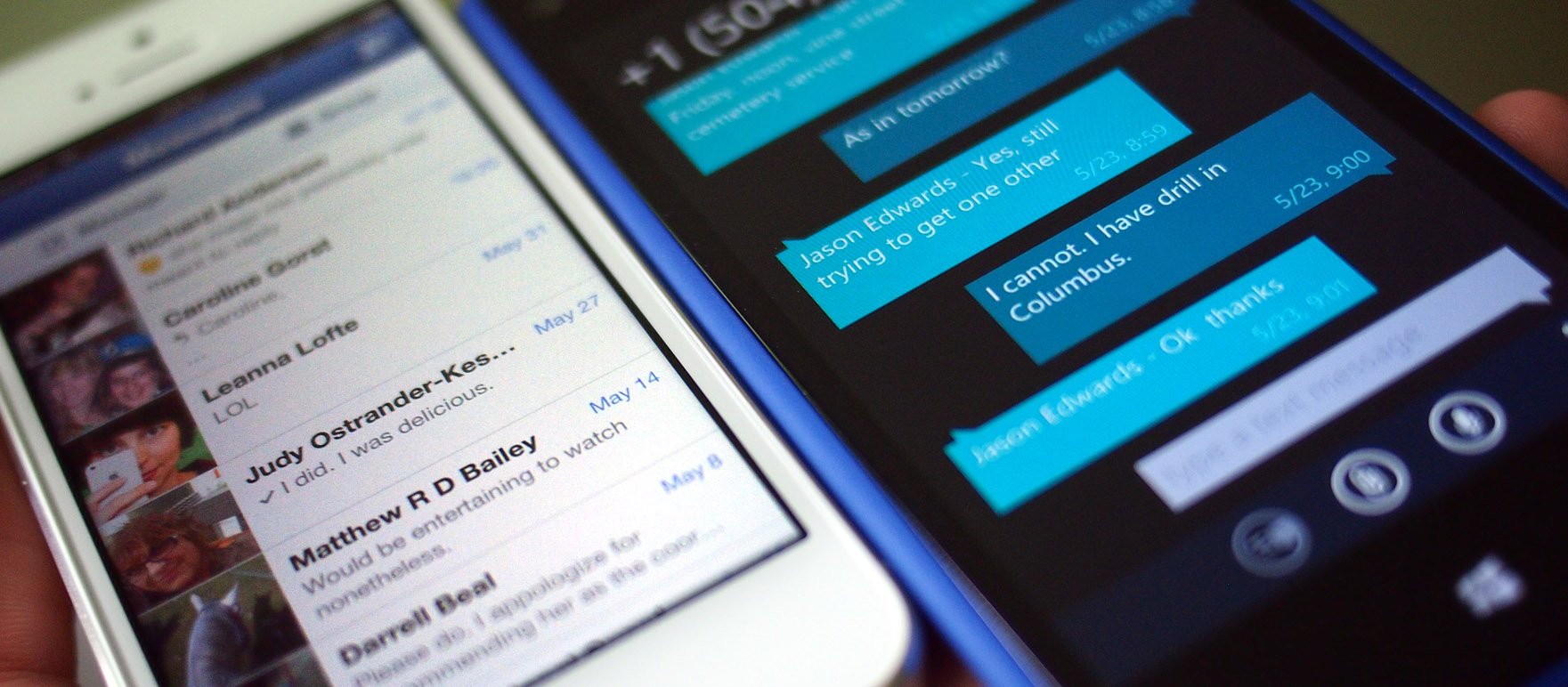

Rene Ritchie iMore
The social mobile operating system of today
Despite seeming like it's been around for a while, online social networking is relatively new. It didn't exist when the major desktop operating systems of today -- Windows, OS X, Linux, Unix -- were created, and only began to rise in popularity at roughly the same time as mobile. As a result, few if any platforms were designed to be social from the start.
BlackBerry, thanks to BBM, is the closest we have to a native social operating system. Google's company-distorting focus on Google+ has made them the most successful of the social immigrants to date. Microsoft has Xbox Live, which is hugely successful in gaming, but nothing beyond that. Apple canceled Ping, their ill-fated social music platform, but still has Game Center and iMessage.
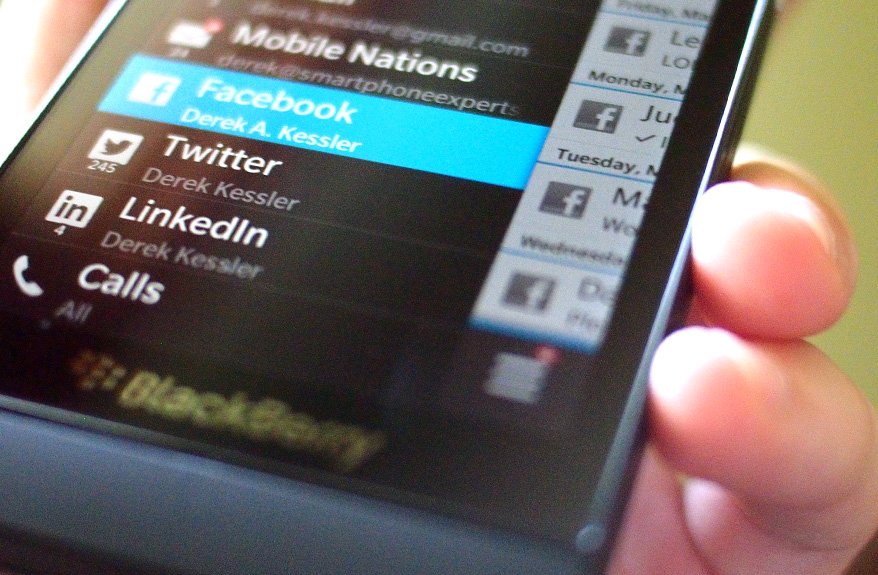
Integrating social
Building social networking into operating systems is a relatively new trend. The iPhone, for all its popularity, only gained post-to-Twitter integration in Notification Center two years ago and Facebook integration a year later. Developers can build additional sharing options into their apps, but there aren't ways to add to what iOS supports.
Android's social integration comes on the back of apps. Services that have apps for the platform - including Facebook, Twitter, and Google+ can add sharing options to apps and home screen widgets. Like Android, Windows Phone allows apps to add sharing options to the built-in apps like Photos, but on Windows Phone that's in addition to already built-in support for major networks.
BlackBerry 10 includes built-in support for Facebook, LinkedIn, and Twitter, allowing users to post to the services from apps including Pictures and Videos, but also directly from BlackBerry Hub.
Since social has grown up outside the traditional software and services powerhouses, and has indeed created new powerhouses all their own, leaving platform owners to partner with and integrate the likes of Facebook and Twitter into their operating systems. Even with BBM going cross-platform, BlackBerry was late to the game and have had to add support for outside networks as well.
So which solution is the best? Should every mobile platform have its own, tightly integrated social layer, just like it has its own software and cloud layer? Or should they partner with the existing giants of social?
Social has proven to be migratory.
The answer is both. Social has proven to be migratory. We moved from Friendster to MySpace to Facebook. We expanded to Twitter and Google+. Integration lets operating systems add support for the most popular networks at the time, and add and remove them as old networks fade and new ones rise.
First-party social networks let platforms offer deeper, better, and more powerful feature sets. That's true of both mobile-first companies like BlackBerry, and social-first companies like Facebook. BBM was phenomenally successful on BlackBerry, and may do well cross-platform. Facebook Home probably wasn't the right way to go, but Facebook will almost certainly keep iterating.
Ultimately, the best way to integrate social into the OS is to give people options, let them be where their friends are, and build the best services you can on top of that.
Q:
Why must we suffer with a dozen different messaging platforms?
313
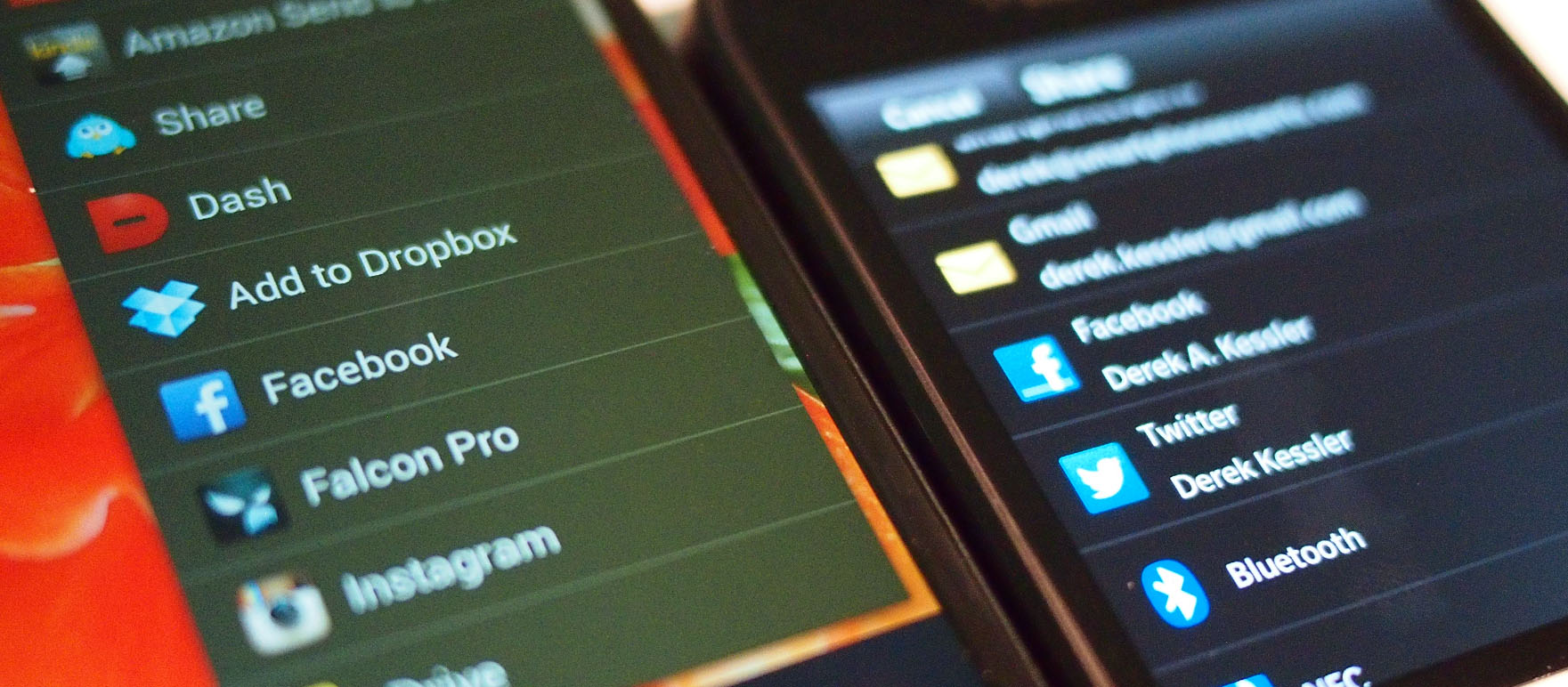

Daniel Rubino Windows Phone Central
Coping with the distraction of notifi- *ding*
Notifications, especially on mobile devices, have become the modern version of the doorbell. You could be quietly sitting, enjoying a TV show or a conversation on the phone but if that doorbell rang, do you really have a choice but to answer it?
In 2013, this doorbell has gone mobile and now follows us around wherever we go. We could be driving the car, busy at work, transfixed at the movies, dining with a loved one, even at a funeral, and still be interrupted by the most trivial of notifications (ooh, a Foursquare check-in!).
How do we best mediate such a problem that can be socially-damaging and even life-threatening under the right conditions?
One answer is through the tools that the platforms hopefully give us. There's a reason why apps like PhoneAlarm and Butler were hugely popular years ago on Windows Mobile and Palm OS, respectively. People want specific and fine-tuned control over how their mobile devices alert them. So-called "quiet hours" where the phone will not vibrate or ring is but one manifestation of that desire. The blinking LED on BlackBerry devices is another, one that many other platforms have resisted or turned away from in recent years.
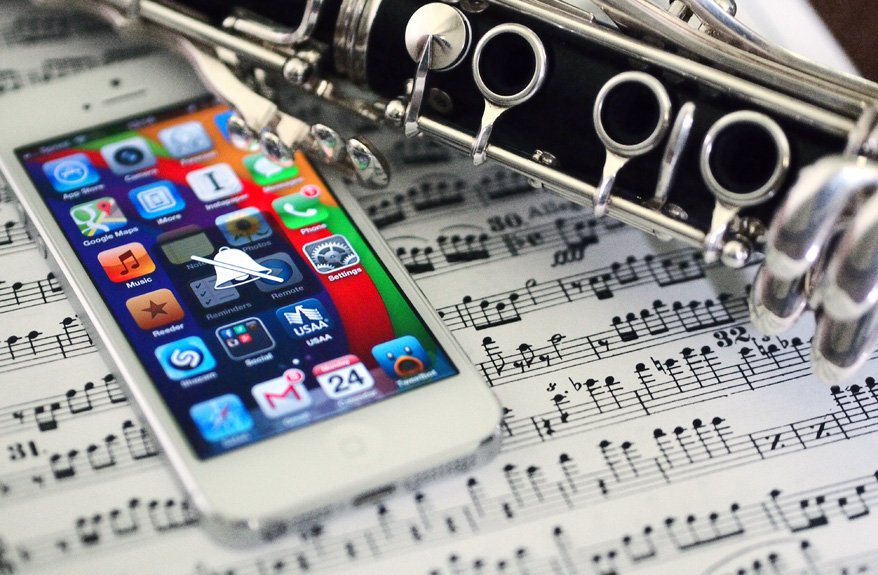
There's no marimba in Mahler
On January 12, 2012, the New York Philharmonic was nearing the end of a performance of the 90-minute-long Mahler's Symphony No. 9. The work ends quietly, but was interrupted by the default iPhone "Marimba" alarm sound from the front row. The man had received a new company iPhone the day before and didn't know that switching the ringer to silent wouldn't mute alarms.
Conductor Alan Gilbert did unthinkable and stopped the performance until the phone was silenced. While both Gilbert and the iPhone owner later spoke (over a land line) and apologized to each other, the incident provoked shouts of anger from the audience and received national media attention. Meanwhile, most still don't know how Mahler's 9th actually sounds.
Even location-based alerts that turn on or off certain notifications based on where you are have yet to be fully leveraged by those making our phones. Google has toyed with these location-based services the most, but clearly this is one area that at this time is being grossly underutilized.
Public shaming is a big component in shaping social norms.
The other way to combat intrusive notifications is by enforcing social etiquette. So long as we as people put up with these interruptions, people will not feel shamed about them. While this may sound childish, public shaming is a big component in shaping social norms. The recent pushback against mobile phones ringing in theaters is but one example of a moderately successful society-driven campaign (you must feel real bad these days if your phone rings in the middle of a movie, as it's okay to mass ridicule people in such occurrences).
Ultimately though, notifications from phones - whether ours or someone else's - will just become more common as adoption of these devices increases, in addition to ever expanding array of services that we use. The questions is, how much are we willing to put up with and what will be invented to help ameliorate the cacophony?


How do you prevent notifications from becoming a distraction? Turn them off!
- Georgia Therapist, Host of ZEN & TECH
Q:
What's the worst moment you've been interrupted by a notification?
313


Phil Nickinson Android Central
You can't stop the signal, except with noise
This is the hard part. Being social by definition means you're opening yourself up to a lot of noise. Click. Follow. Click. Follow. Next thing you know, you've got a few hundred people chewing on your ear all day. But is anyone actually saying anything?
That's where the signal-to-noise ratio comes in. If you're somehow new to that one, it's an old scientific term that depicts the ratio of good (the signal) to bad (the noise). The former is quality chatter. Things being said that you want to hear, that you'll get something out of. The latter is, well, it's just noise. It's static. It's in the way.
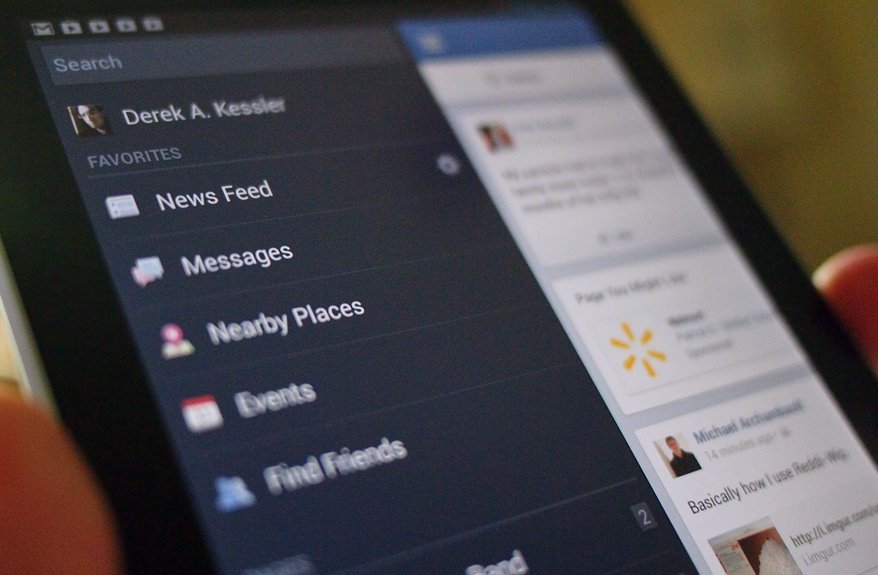
1.1 billion friends
With well over a billion users, Facebook is the world's largest social network by far. Of those 1.1 billion users, 167 million call the United States home, with Brazil trailing by just 6 million users (despite have 2/3rds as many residents). India and Brazil are actually neck-and-neck, but as India's population is more than six times that of Brazil, Facebook's penetration on the subcontinent is substantially lower.
Nine nations record Facebook usage rates of over 90%, including all of Scandinavia, Greenland, Luxembourg, the Netherlands, the Falkland Islands (with their 3000 residents), and Monaco. Curiously, Monaco is actually home to more Facebook accounts than internet users, and more internet users than residents.
Penetration in larger countries is substantially lower, with just 0.05% of China have a Facebook account, 5% of India, and a little over half of Americans.
The thing about being social online is that you completely control your signal-to-noise ratio. Your incoming stream is made up of the people you follow. Or circle. Or friend. The easiest way to cut back on the noise? Follow fewer people. That's sort of when wielding a scalpel would work better, though.
Ideally, social networks should offer more granular controls. Twitter, in its most pure consumer form, is pretty much a waterfall, separated in streams of your incoming timeline, mentions and direct messages (and lists if you're really into Twitter). At a lower level, Twitter is just a parsed database of posts. Third-party apps offer better filtering and greater control than what Twitter itself offers.
Facebook grew up a bit when it allowed for groups of friends, as well as allowing users to hide posts from specific people. But the floodgates were opened when corporations and social gaming were thrown into the mix. If you haven't been invited to some service or game that you have no absolutely intention of using, consider yourself lucky. That's noise at its worst.
We're each responsible for our own signal-to-noise ratio. Incoming, and outgoing.
Google+ perhaps has the most granular control, allowing you to put people in whatever circle you want, then control how much of that circle you want to see in your timeline. And you can mute individual posts, never to be seen again.
But at the end of the day, we're each responsible for managing our own signal-to-noise ratio. Incoming, and outgoing. Before you post, consider whether you've really got something to say, or if you're just adding to the din.
Q:
How do you sort the signal from the noise?
313
Conclusion
Sorting out your options when it comes to social networking and instant messaging can be confusing. There are dozens of instant messaging clients to choose from with overlapping and divergent feature sets. In the end, it really comes down to what the people you're talking to use, which means that most of us end up using multiple systems to talk to everybody in our lives.
Integrating social networking into operating systems can make sharing easier, but we have to consider how that integration is done and what is integrated. As with instant messaging, more and more of us are finding ourselves on multiple networks big and small, general and specialized, so having options is again of great importance.
We still have to manage all of this. We have to deal with managing our notifications and knowing when to turn it off. And we have to deal with controlling the flow going through our social networking pipe.
We're still in the early days of social networking, and it's going to keep evolving. So how do we make it better?

